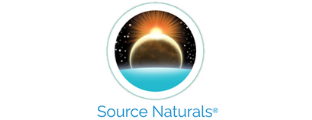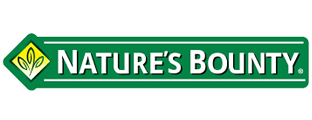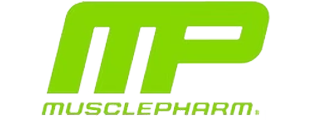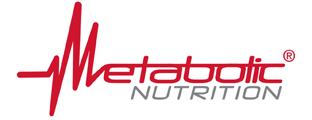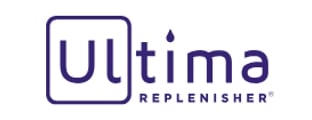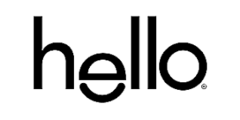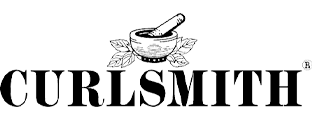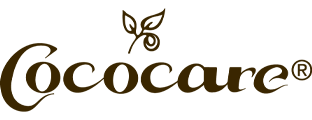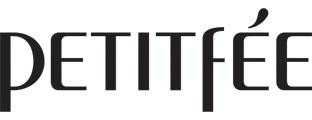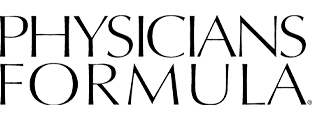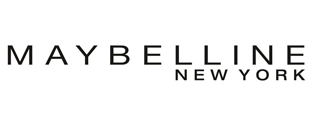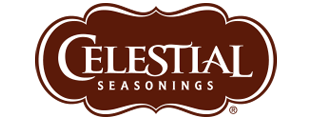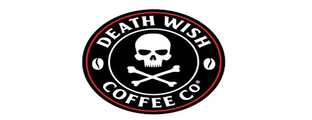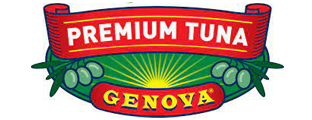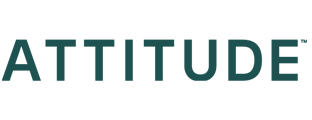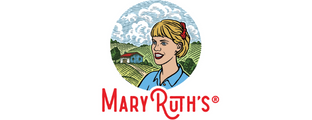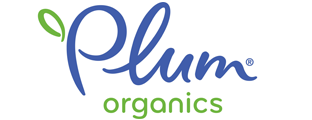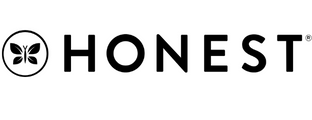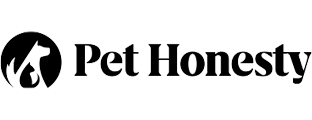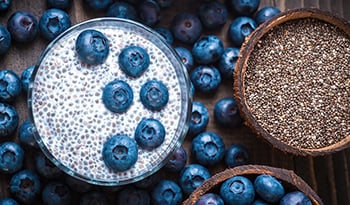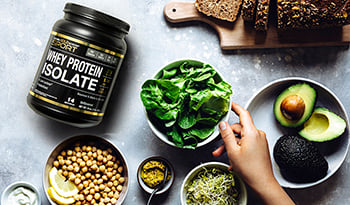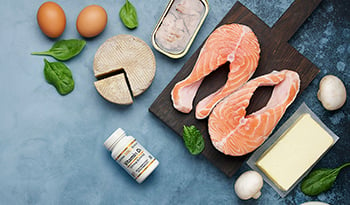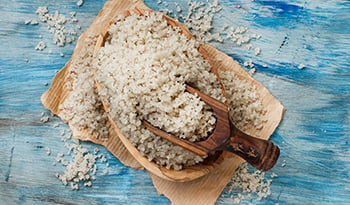What is Clean Eating?
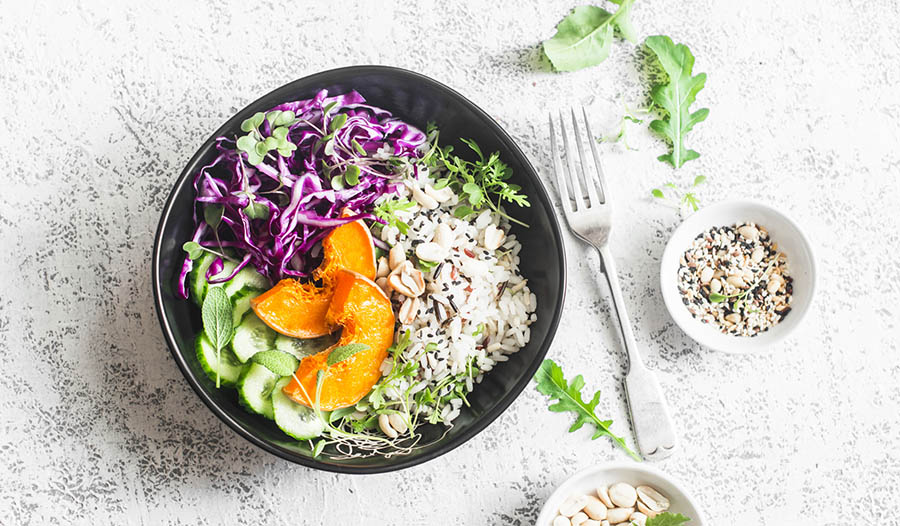
Clean eating doesn't have to be difficult or time-consuming. Learn some quick tips for following a clean diet and why it's important to do so.
By now, most people have heard about clean eating but aren’t sure exactly what it is or how to go about it. Clean eating is exactly what it implies: It’s about making healthier naturally occurring dietary choices and consuming less of the processed, not-so-healthy options. This means embracing foods like fruits, vegetables and grains while eliminating foods that are high in preservatives.
Even for those who are not 100 percent ready to go completely clean, there are steps to take to clean up a diet.
Eat the Rainbow
Most people don’t consume the daily recommended allowance of fruits and vegetables. Diets rich in fruits and vegetables can significantly reduce the risk of a number of chronic diseases like hypertension, type 2 diabetes, obesity, and heart disease. The fiber found in whole foods also keeps the gut happy, meaning the good bacteria in one's digestive is better equipped to fight off pathogens and infections.
Grains Are Not the Enemy
Whole grains are the ones that have never been processed. For those who aren't sure what that should look like, think about grains being in their just-harvested state, like oats, quinoa, and wild rice. While some people do avoid eating any processed grains, whole-wheat pasta and whole-grain bread are made with only simple ingredients and are considered clean. Keep in mind that whole grains should always be the first, if not the only, one listed on the packaging.
Cut Out Processed Snacks and Foods
All processed foods are not created equal. Clean processed food does exist. Think plain yogurt, whole-wheat pasta, cheese, and baby spinach. Many people even make homemade salad dressings, mayo, hummus and broth at home without preservatives. Before buying pre-made food, check out the ingredient label first. People digest whole foods and processed food differently, so it’s important to know what's being purchased and going into one's body. Limiting packaged food also reduces possible exposure to BPA and other harmful chemicals found in plastic.
Finally, individuals trying to eat clean should limit the number of unhealthy snacks being consumed. They may taste good, but the process in which they are made definitely is not good. Swap out greasy potato chips for roasted kale chips with a sprinkle of sea salt. Instead of fruit-based yogurt, try plain topped with fresh fruit.
Decrease Sugar Intake
It's easy to consume too much sugar in a day. According to the American Heart Association, women shouldn’t consume more than 6 teaspoons of sugar a day, and men should have no more than 9. Individuals can clean up their diet by cutting back on soda, baked goods and sugary coffee drinks. Also keep an eye on foods that might be deceptively high in sugars like tomato sauce, fruit-on-the-bottom yogurt, and cereal. Don't worry so much about naturally occurring sugars found in fruit and dairy. These are combined with fiber, which helps reduce the negative effects sugar has on insulin levels.
Eating clean isn't as hard as it sounds. Start by setting goals, understanding cravings and planning replacements. Eating clean at least 95 percent of the time will make the rare indulgences even more special.
FERAGAT:SAĞLIK MERKEZİ tanı koymayı hedeflememektedir...











